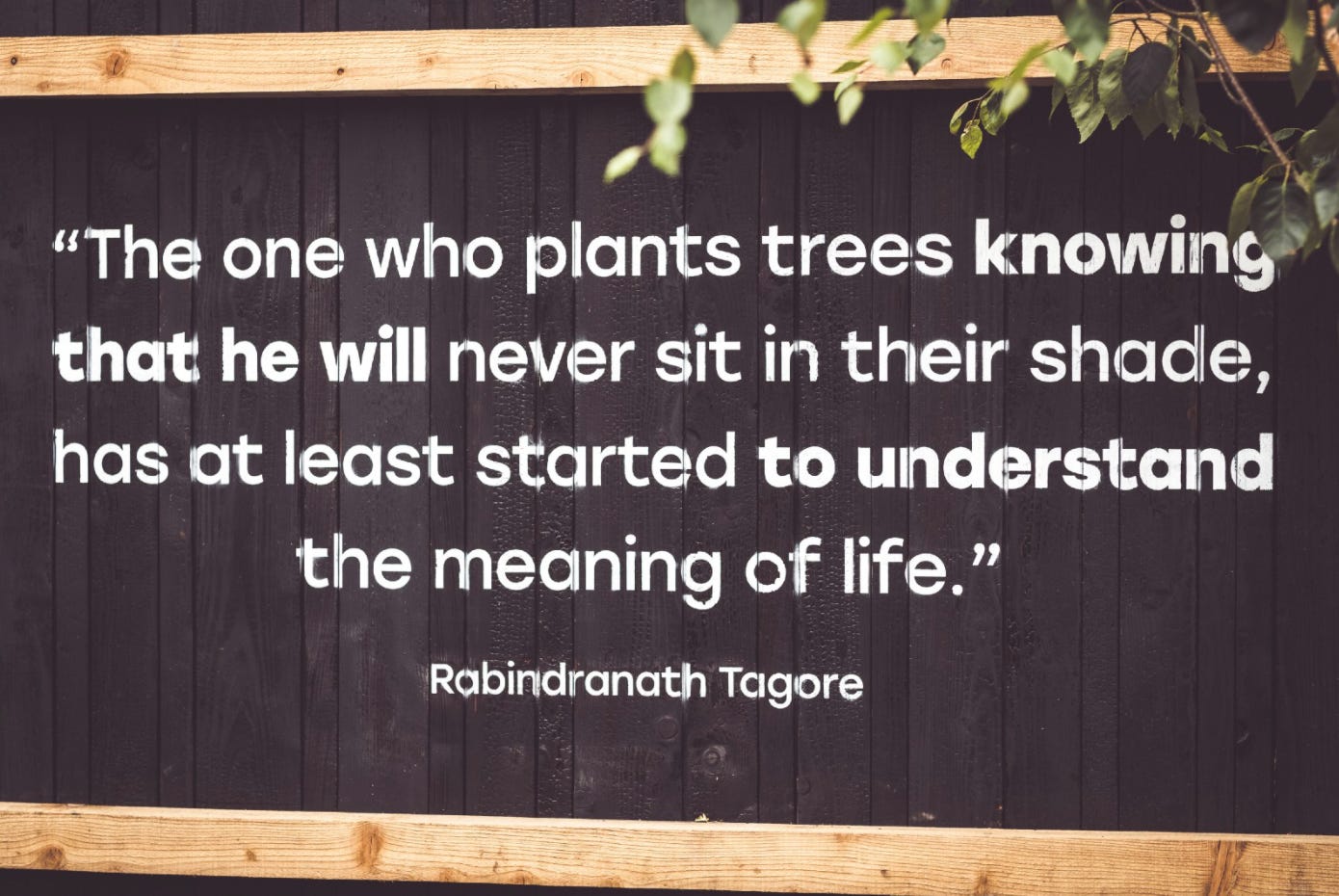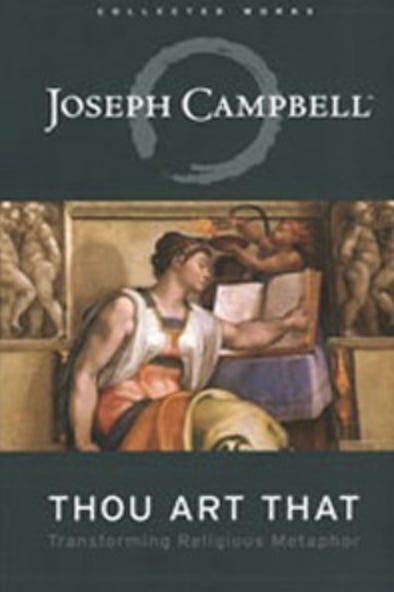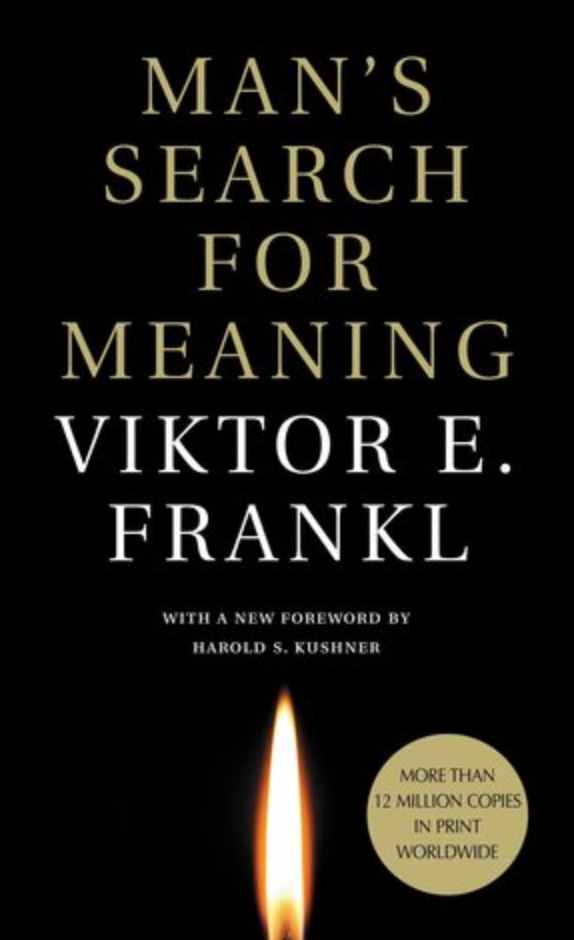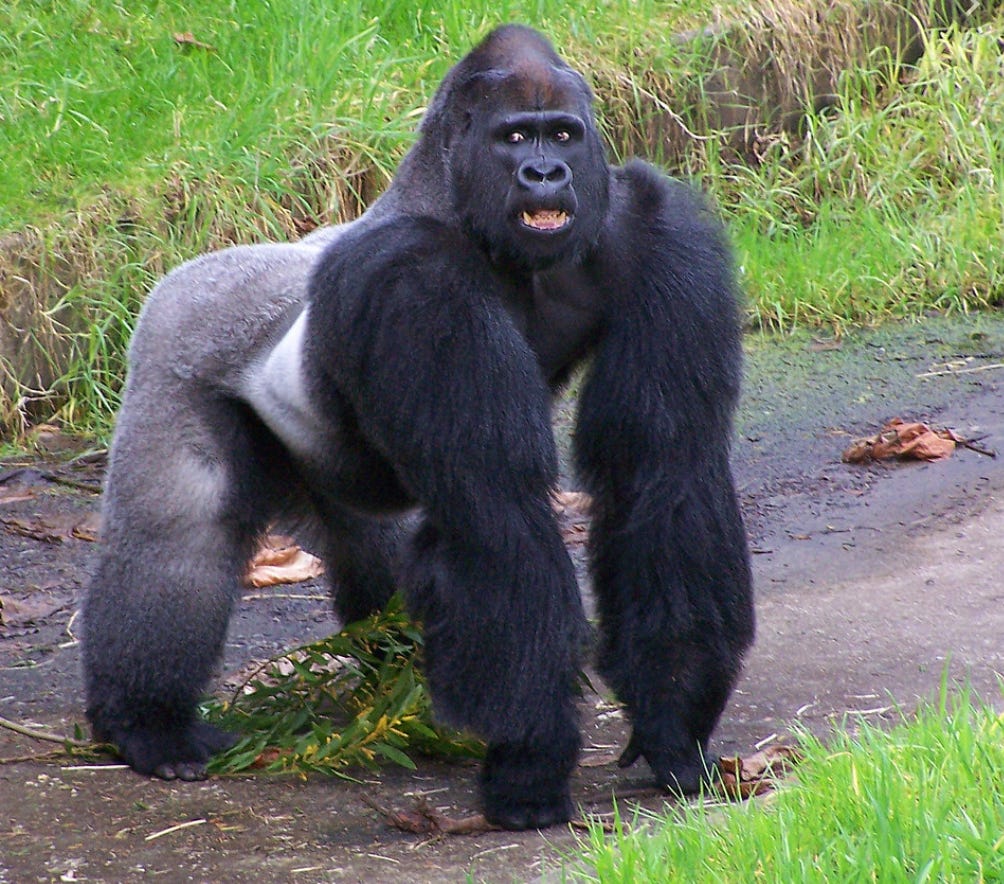
Quote of the week:
“I don't trust people who don’t love themselves and tell me ‘I love you.’ … There is an African saying which is: ‘Be careful when a naked person offers you a shirt.’”
I have great news! You will never “find yourself.” Not the way you’ve been told you could.
This is not something to be concerned about. It just means that you have to start playing by new rules.
Everywhere we look, western society feels broken. We eat 20% of our meals in our cars, after buying crap food in drive-thrus that’s designed to be eaten with one hand. The food industry has disconnected food from essential nutrients in favor of insane levels of taste, and it is making us sick. We have a multi-billion-dollar pharmacological powerhouse that takes advantage of this, normalizing disease so that they can create and sell us solutions. We've become so lazy that we have entire NGOs that advertise during NFL games to tell kids to move.
Advertisers have created this collective insanity and continue to take advantage of it, spending billions of dollars a year telling us that the constant, humming anxiety we feel is something that can be alleviated by just buying certain products.
Amidst all of this, we wonder: why am I not happy? The people in the advertisements are happy! The influencers and models on Instagram are happy! Why am I not happy?
This feeds us into yet another industry, where we “seekers” look for happiness in self-help books, spiritual tourism, and vaguely understood Eastern religions (Eat, Pray, Love encapsulates all three of these).
There’s this idea in western society that even though the world around us is blatantly corrupt, we deserve to be happy all the time. This is insane! A certain amount of unhappiness is unavoidable in life.
“Our current mental hygiene philosophy that people ought to be happy, that unhappiness is a system of maladjustment, such a value system might be responsible for the fact that the burden of unavoidable unhappiness is increased by unhappiness about being unhappy.”
-Edith Weisskopf-Joelson
There's a glaring problem in the way we seek happiness: the question is broken. Why am I not happy? Why am I miserable? I, I, I! Me, me, me! Ego, ego, ego!
Western culture is obsessed with identity. We categorize ourselves to the nth degree, putting distance between ourselves and other people with things like religion, race, political affiliation, heritage, and nationalism.
All of this ignores the truth: we are all human.
Since the beginning of our evolution, we've lived and died by our ability to work together. We forget that, in the modern, rich, western world, because we have the tremendous luxury of not having to band together to survive.
And we are miserable.
Life satisfaction has declined. Loneliness and suicide have skyrocketed. And in response, we’ve doubled down on “looking for ourselves.”
This method can’t work! We’re already obsessed with ourselves! Obsessed with our identities. Our futures. Our property.
Rather than doubling down on ourselves, we must opt out of the cycle.
“The more one forgets himself— by giving himself to a cause to serve or another person to love— The more human he is and the more he actualizes himself. What is called self-actualization is not an attainable aim at all, for the simple reason that the more one would strive for it, the more he would miss it. In other words, self-actualization is possible only as a side effect of self-transcendence.”
-Viktor Frankl
We have to get outside of ourselves! We need to get outside the fear of other people that's been instilled in us. We need to show love to others, especially those we disagree with.
Viktor Frankl believed that we are responsible for our own meaning. That we need to shut the hell up about ourselves and try to be of service for a change.
If you are spinning your wheels, feeling purposeless, try outward before you try inward. Don't self-help, help others. Volunteer. Spend time doing more hard things that bring you joy instead of binging TV. Create! Paint. Write. Cook. Love. Live in a way that meaning finds you.
“Do. Or do not. There is no try.”
-Yoda
One of the most fulfilling days of my life was the day I had to bury a dog who'd been poisoned. I wasn't getting paid for it. I was on vacation, volunteering at a dog rescue in Thailand because I was young, able-bodied, and I damn well could.
That afternoon, sweating on a hill digging a grave for free, was more fulfilling than any of the bureaucracy-laden jobs that I've worked. I felt more connected to the divine at that moment than I'd ever felt attending the forgettable 95% Caucasian churches I’d grown up in.
We've got to nip this “find yourself at the cost of others” narrative in the bud. If it was working, we'd be fulfilled by now. Stop seeking for yourself. Seek to be of service, and meaning will start dropping by.
The two AMAZING books I read this week (seriously, I can’t shut up about them)
Thou Art That by Joseph Campbell

These are the most knowledge-packed hundred and ten pages I've ever read. This book will eventually be the subject of a whole long-form article for me. I'm a bit of a Campbell fanboy, but I’d passed this one up until I found it in a local bookstore. May I just say... Holy. Crap. This book, guys! I haven't shut up about it since Tuesday!
From the first page, I knew I was in for something special:
“Half the people in the world think that the metaphors of their religious traditions, for example, are facts. And the other half contends that they are not facts at all. As a result, we have people who consider themselves believers because they accept metaphors as facts, and we have others who classify themselves as atheists because they think religious metaphors are lies.”
Why are we so obsessed with duality? Why do I have to choose religion or atheism? Republican or Democrat? “Turd sandwich or giant douche,” to quote South Park?
I don't particularly want to hang out with the atheists or the very religious. Both are notoriously un-fun groups of people. This book gives great reasons to be neither.
Joseph Campbell lays out his experience with Western mythology and explains several things I'd never thought about before.
I'd already thought it was problematic that Islam, Judaism, and Christianity worship the same God, but can’t get along. What I never realized before reading this book is that those religions (two of which set up the psychology of the entire western colonialist world) create separation on almost every level. Separation between people and nature. Separation between people and God. Separation between people and the idea of the divine feminine (God is seen as male, with no female counterbalance).
They then tell us that the only way back to God from the separation we feel is through organizations and systems, like churches.
This book did something very powerful for me. It permitted me to recognize the divinity within myself, without hokey spirituality, crystals, or astrology. As I said, I can’t shut up about it! More to come…
If you’re into the idea of deconstructing the western-ness in yourself, read this book.
Man’s Search for Meaning by Viktor Frankl

This was my second time reading this classic, but the first time I’d really dug into Viktor Frankl’s “Logotherapy.”
“Logotherapy... Focuses on the meaning of human existence as well as on man's search for such a meaning. According to logotherapy, this striving to find meaning in one's life is the primary motivational force in a man. That is why I speak of a will to meaning in contrast to the Pleasure Principle (or, as we could also term it the will to pleasure) on which Freudian psychoanalysis is centered”
For those of you who've never read it, Viktor Frankl’s classic is half memoir, half psychological text. As a victim of the Nazis, Frankl was forced to live in four different concentration camps over the course of WWII. It's from this experience that he deepened his psychiatric practice, focusing on the idea of helping his patients find meaning in life, rather than helping them reconcile to and align with a broken world.
He believed that we are responsible for our own experience of meaning:
“By declaring that man is responsible and must actualize the potential meaning of his life, I wish to stress that the true meaning of life is to be discovered in the world rather than within man or his own psyche, as though it were a closed system.”
Meaning is. We are. Present tense. In a world of endless noise that keeps us chasing satisfaction, we forget that. We've been taught that it's out there, that there are gatekeepers to meaning. No! We've got to reclaim it.
Two Great Podcast Episodes:
EXPANDED with Lacy Phillips, Guest Zach Bush, MD.
This one was recommended to me by a very spiritual friend of mine. It gets a bit woo-woo, but there are some very important takeaways.
I’d never thought before about the idea that disease is normalized by big pharma so that they can sell us solutions for it, but damn does that make sense! Our health is declining as a society, and autoimmune disorders have skyrocketed.
There's only one possible explanation: the way we're living is driving our bodies and minds crazy. That's what Zach Bush is fighting back against. The host of this episode drove me nuts, but Zach Bush as a guest makes it all worth listening to.
The Powerball Revolution- Revisionist History
Yet another episode of Revisionist History that gave me something to chew on that I've never thought about before: democratic lotteries.
What if we built a voting system that was actually for the people, instead of one that we pretend is for the people? That's where democratic lotteries come in.
Imagine this: we think of political office like jury duty. Anyone can serve a term, with a year or so’s notice, at any time. Whoever is interested in serving registers to be a part of the lottery, and then we randomly select our political reps from the people based on this principle.
What this gives us is a truly representative sample of the population, rather than representatives only pulled from upper-middle-class/rich-class people who have been bred for and are already hungry for power. In this episode, Malcolm Gladwell sits down with Adam Cronkrite, who's testing this idea in schools in Bolivia. Worth a listen!
And finally, the positive news story of the week!

As of yesterday, members of #WallStreetBets have donated more than $300,000 of the money they’ve made taking on hedge funds to wildlife conservation! They’ve given it to the Dian Fossey Gorilla Fund, which takes care of a host of wild animals in The Democratic Republic of The Congo and Rwanda. The full story can be found here.
That’s all for this week folks! As always, you can reply directly to this email to interact with me. If you enjoyed what you read, please hit ‘share’ and tell a few friends!
Thank you for reading,
Aaron.




Lots of great discussion points to chew on!!!
Thank you for this, Aaron. Great read and very inspiring!